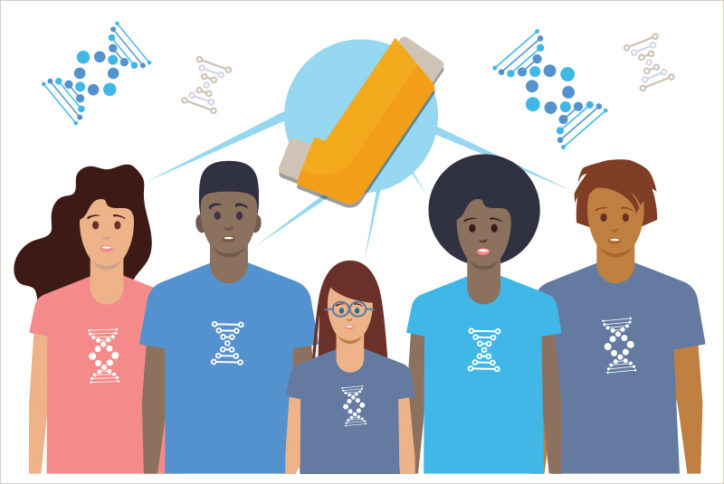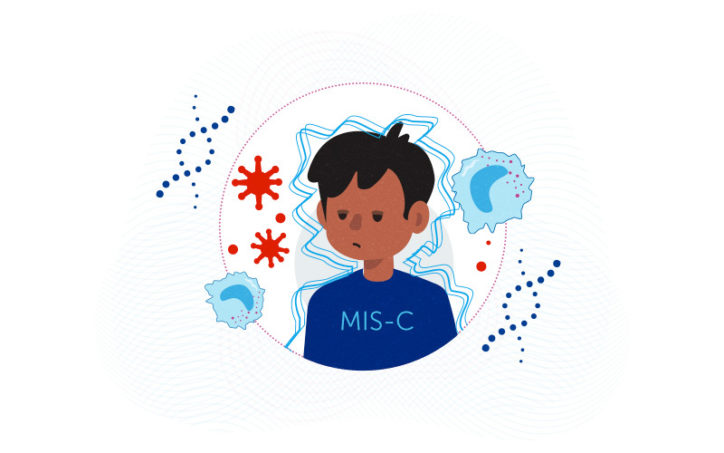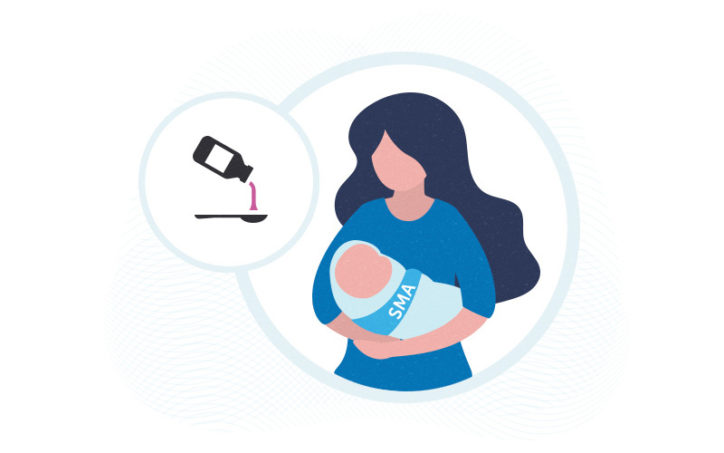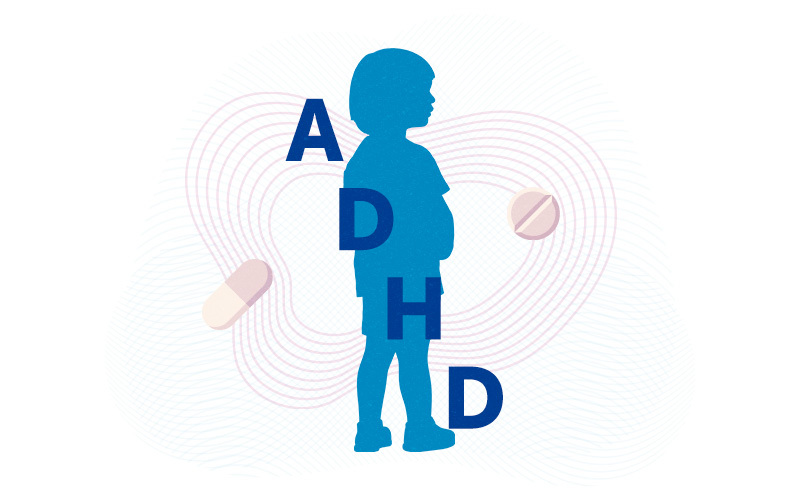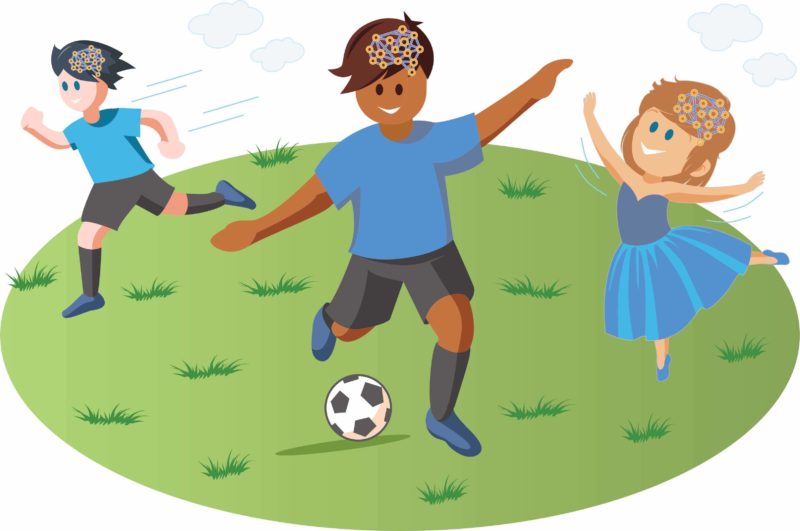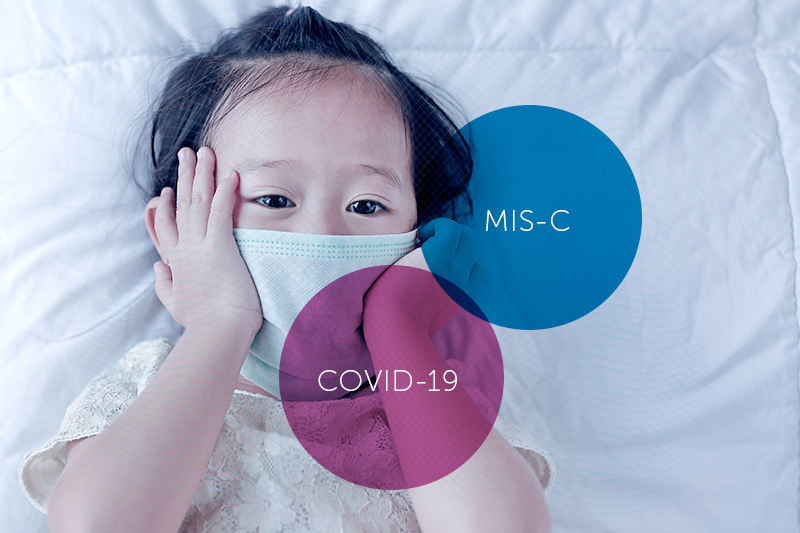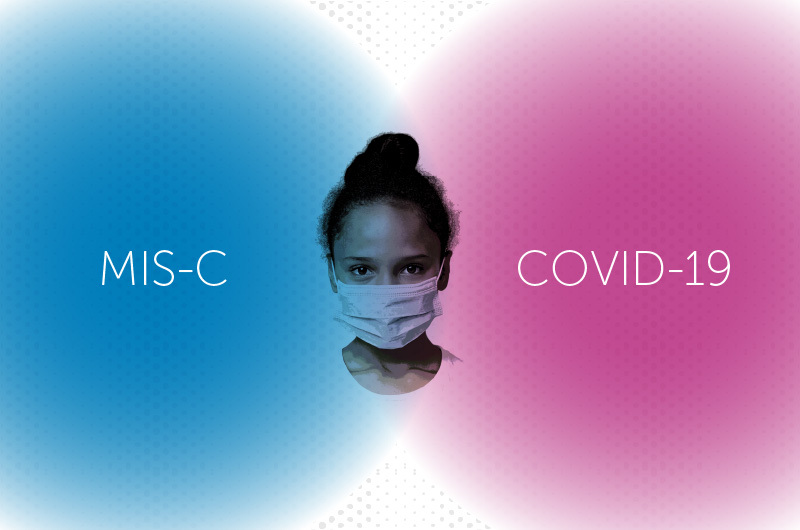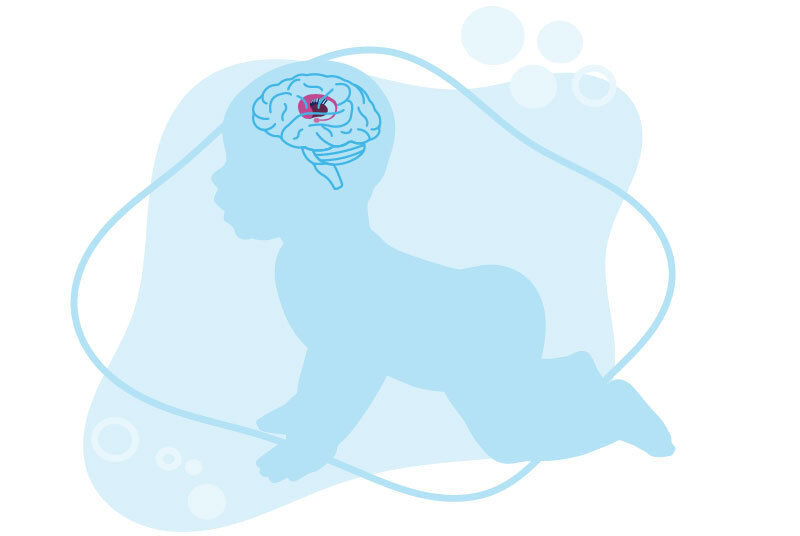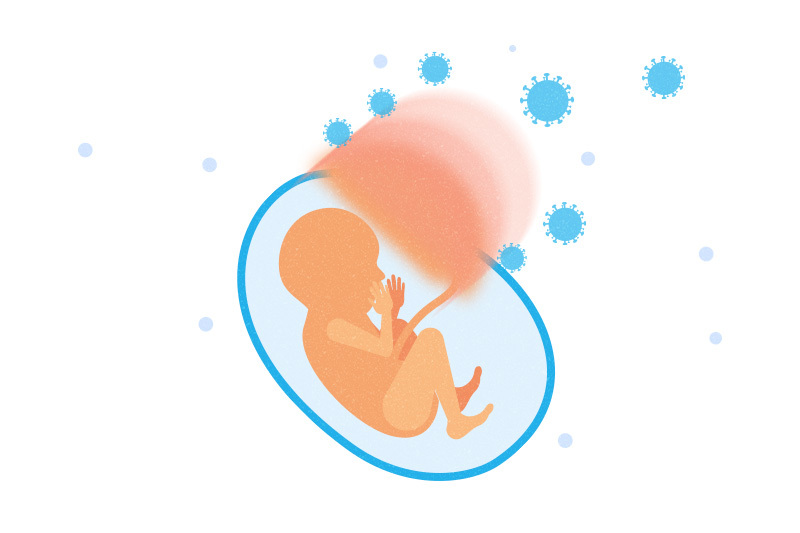Trial for severe asthma targets a mutation common in children of color
Children and adults of color have higher rates of asthma than white people, as well as more hospitalizations and deaths. There are many reasons for this disparity, including more exposure to allergens and pollutants and differences in asthma care. One difference, however, is genetic. A mutation that causes severe, hard-to-treat asthma, in the gene ILR4, ... Read More about Trial for severe asthma targets a mutation common in children of color
Why do some children get MIS-C after COVID-19? Some early clues
Several months into the COVID-19 pandemic, a small number of children began to develop a cluster of mysterious symptoms. These included rashes, red eyes, gastrointestinal symptoms and, most worrisome, heart problems. Why does this serious illness, now known as multisystem inflammatory disorder in children (MIS-C), strike some previously healthy children? And who is most at ... Read More about Why do some children get MIS-C after COVID-19? Some early clues
Risdiplam improves motor function in infants with spinal muscular atrophy
Until recently, babies and children with spinal muscular atrophy (SMA) lacked any type of treatment capable of stopping the neuromuscular disease from progressing. In SMA, damaged motor neurons in the spinal cord fail to correctly send messages to the muscle cells. As a result, infants and children with SMA may not be able to hold ... Read More about Risdiplam improves motor function in infants with spinal muscular atrophy
ADHD drug class leads to fewer side effects in preschool children
About 2.4 percent of preschool-age children have an attention-deficit/hyperactivity disorder (ADHD) diagnosis. For these children, behavioral interventions intended to redirect a child or otherwise replace negative behaviors with positive ones are the first line of treatment. But what if symptoms linger, or are so severe that they interfere with a child’s social, emotional, and educational ... Read More about ADHD drug class leads to fewer side effects in preschool children
A coming wave of diabetes? The link with COVID-19
Researchers are observing a new long-term health concern in patients hospitalized with COVID-19 — an increase in new-onset hyperglycemia lasting months after infection. An Italian study found that about half of the patients admitted to the hospital for COVID-19 during the start of the pandemic had new cases of hyperglycemia, or high levels of blood ... Read More about A coming wave of diabetes? The link with COVID-19
Regular physical activity linked to more ‘fit’ preteen brains
We know exercise has many health benefits. A new study from Boston Children’s Hospital adds another benefit: Physical activity appears to help organize children’s developing brains. The study, led by Dr. Caterina Stamoulis, analyzed brain imaging data from nearly 6,000 9- and 10-year-olds. It found that physical activity was associated with more efficiently organized, robust, ... Read More about Regular physical activity linked to more ‘fit’ preteen brains
Neurological involvement common in kids and teens with acute COVID-19 and MIS-C
In the largest study of its kind, researchers from Boston Children’s Hospital found neurological involvement in 22 percent of children and adolescents hospitalized with acute COVID-19 or multisystem inflammatory syndrome in children (MIS-C). These symptoms included fatigue, headache, confusion, difficulty walking or crawling, or loss of taste and smell. However, 1 in 8 children with ... Read More about Neurological involvement common in kids and teens with acute COVID-19 and MIS-C
Is it MIS-C or severe COVID-19? An update on multisystem inflammatory syndrome in children
In May 2020, multisystem inflammatory syndrome in children (MIS-C) was formally recognized as a post-infectious syndrome in children exposed to the SARS-CoV-2 coronavirus. In today’s JAMA, a study led by Boston Children’s Hospital refines the medical understanding of MIS-C. Its findings help distinguish this rare condition from severe, acute COVID-19 in children, with which it ... Read More about Is it MIS-C or severe COVID-19? An update on multisystem inflammatory syndrome in children
Tuber locations associated with infantile spasms map to a common brain network
About half of all babies with tuberous sclerosis complex (TSC) develop infantile spasms, a type of epilepsy that can have serious long-term neurologic consequences. Infantile spasms occur more often in children who have more brain tubers — groups of cells that do not divide into normal neurons and brain cells — but we haven’t known ... Read More about Tuber locations associated with infantile spasms map to a common brain network
How does the placenta protect unborn babies from COVID-19?
Evidence has shown that pregnancy is a risk factor for severe illness in women with COVID-19. A recent CDC study reviewed case reports of approximately 400,000 women aged 15 to 44 with symptomatic COVID-19. Those who were pregnant had a roughly tripled likelihood of ICU admission and invasive ventilation and 70 percent higher mortality. Yet ... Read More about How does the placenta protect unborn babies from COVID-19?


